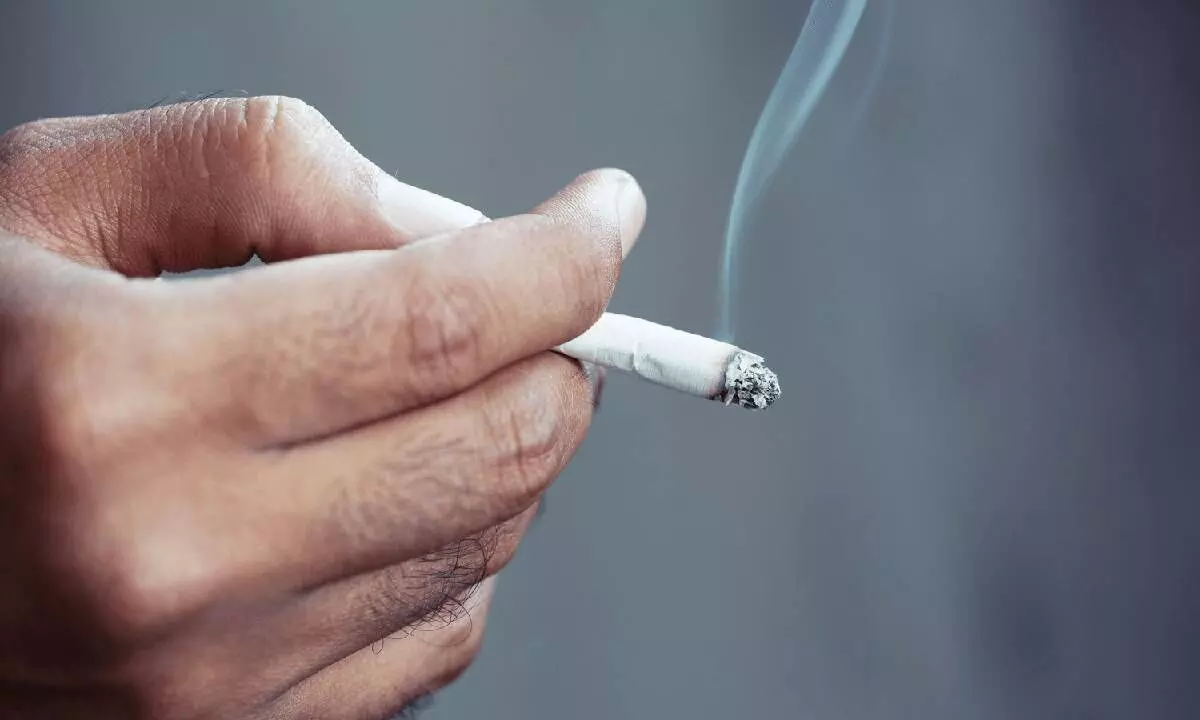Plastic pollution from cigarettes costs $26 bn a year globally: Study
A significant study has revealed that plastic pollution from cigarettes costs $26 billion a year and China, where half of the world’s cigarettes are smoked contributes around 20 per cent of that global cost.
image for illustrative purpose

Hong Kong, Dec 4: A significant study has revealed that plastic pollution from cigarettes costs $26 billion a year and China, where half of the world’s cigarettes are smoked contributes around 20 per cent of that global cost.
The study by Thailand-based Global Centre for Good Governance in Tobacco Control, found that over a decade, the global cost is estimated to reach a whopping $186 billion, reports South China Morning Post.
“Efforts to reduce plastic pollution should address cigarette filters as toxic, widespread and preventable sources of marine pollution. Countries may develop specific estimates of waste management and ecosystem costs in order to assign tobacco industry accountability for this pollution,” the study noted.
"Countries are making progress in developing plastics policies, particularly banning single-use ones, but the costs of tobacco’s plastic pollution are overlooked,” said author Deborah Sy in the study published in the journal Tobacco Control.
The World Health Organisation (WHO) has already called on policymakers to treat cigarette filters as single-use plastics and consider banning them to protect public health and the environment.
“Cigarette butts aren’t just litter; they’re a toxic ticking time bomb for our environment,” said Sy.
China has more than 300 million smokers -- nearly one-third of the global total.
More than 1 million people in China die each year from diseases caused by tobacco use.
Tobacco kills more than 8 million people each year, including an estimated 1.3 million non-smokers who are exposed to second-hand smoke.
Around 80 per cent of the world's 1.3 billion tobacco users live in low and middle-income countries, according to the WHO.
“The economic costs of tobacco use are substantial and include significant health care costs for treating the diseases caused by tobacco use as well as the lost human capital that results from tobacco-attributable morbidity and mortality,” said the global health agency.

